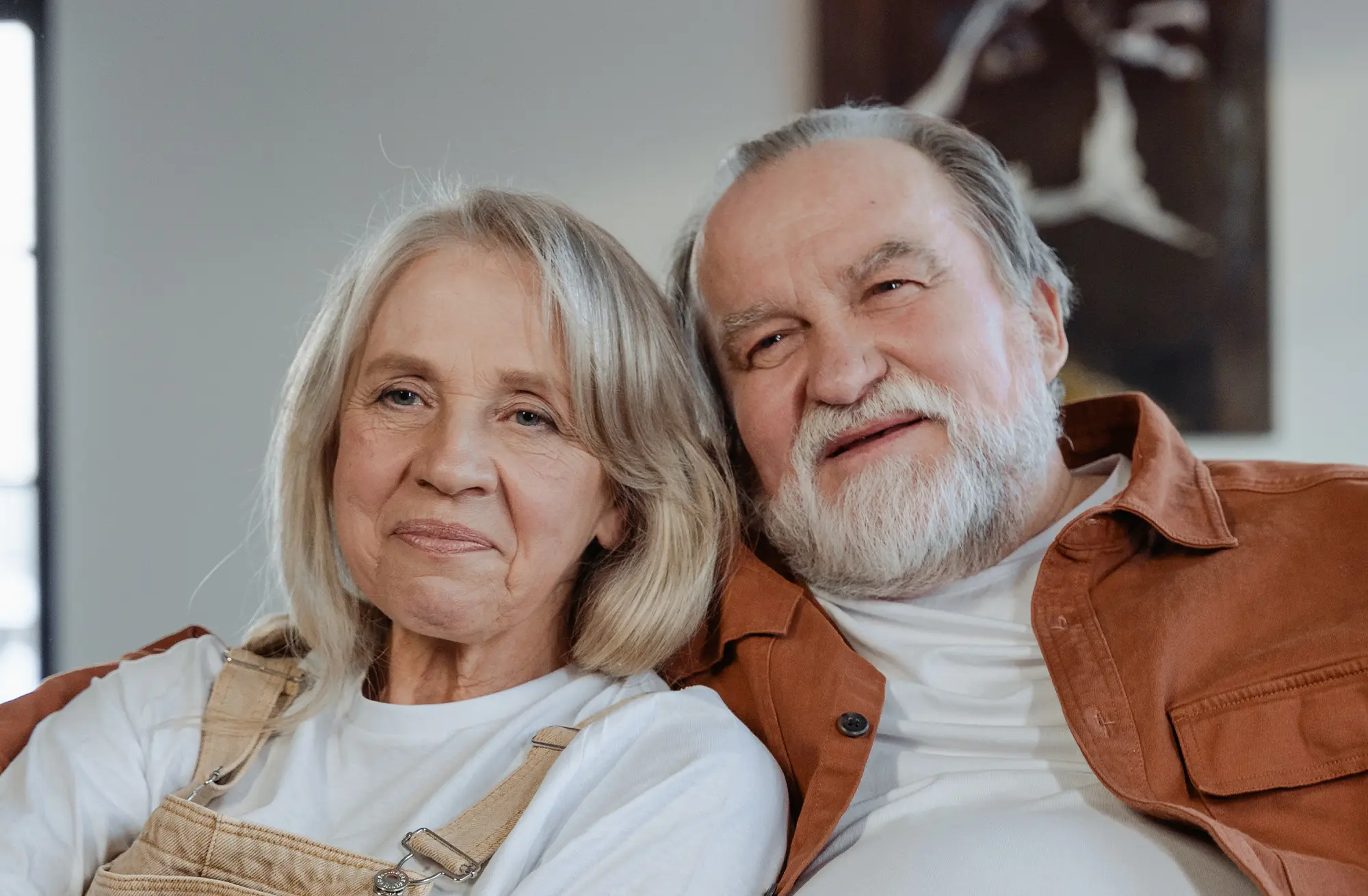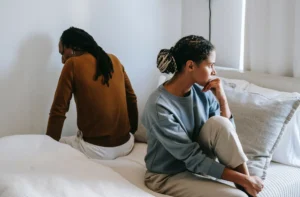Writing that empathy is important in relationships is probably about as helpful as saying that it is important to eat healthy for disease prevention. Both statements are fundamentally true yet translating those simple facts into your lifestyle is no easy task. Mastering empathy in multiple domains of your life is a constant work in progress and this is especially true in partner relationships. Many people have the experience of being empathic at work, to friends, to other family members but struggle with their partners. In all my years as a couples therapist I have never had a couple turn up to their first session who explain that empathic listening is their go to when trying to resolve conflict. This does not come as a shock to me. The uncomfortable truth is that even as a couples therapist I need to remind myself to move to empathic listening when in conflict. It comes relatively naturally to me in many domains of my life but it is certainly a practiced discipline when in conflict. Thankfully I have had the privilege to know and witness the power of empathy in relationships. I see it as a personal responsibility to move into this position as soon as possible to limit the damage in our relationship which we both very much value. Sometimes it happens quickly and at times it takes a while, but when we get there our mood changes, we soften and become closer. This is exactly what we see in the therapy room when we coach our couples to empathically validate each other. We often say to our couples “don’t worry, we will get to conflict resolution soon enough, but if you learn to validate each other half of the time the problem is solved”.
If empathy is the gateway to love and connection then being angry, point scoring and holding a wall is the path to loneliness and resentment. We find that a lot of partners want to skip empathic listening when they first start therapy. They want to jump straight to the solution part, to win their point and to be judged as right against their partner. At times they even question the skill and comment that it might be a “waste of time”. It is at this point that we gently try to point out that therapy is imitating life and that the couple or one part of it is not wanting to take the time to understand the other which is contributing to the conflict cycle. There are many reasons why people want to avoid being empathic to their partners. The reality is, that for most people it simply does not come naturally. Men especially, but not exclusively, often jump straight into “solution mode” or want to stay in the ‘logical’ space. In general, for all individuals it can be very hard to let go of their position and their hurt. This is understandable, we can all relate to feeling misunderstood and then not really wanting to validate our partners as it feels like it will diminish your hurt and experiences. At times it is simply that we want to win, we want to be proven right and being empathic will not facilitate this. When both partners feel strongly from this position it can lead to stand offs and longer periods of disconnection. A common message we give to couples is “don’t wait for your partner to change, someone has to lead the way”. Time is not finite, the relationship clock ticks, opportunities can be gained but moments can be lost. These moments are precious and every moment spent in conflict or in a stand-off is damaging. When one person steps up and takes responsibility positive change often ensues. Just like anger often leads to anger, kindness often leads to kindness.
The great news is that it is very rare to meet a person incapable of empathy. Most people are capable of empathy even when it does not come naturally to them. Empathic listening and validation can be learned within any relationship as long as there is a willingness. In our app and in our therapy room we call this skill “Feeling the Story”. The Feeling the Story exercise is simple to learn with very practical steps.
It is not a coincidence that the very first skill we introduce in our method of couples therapy is empathy building. We find that once empathic connection is achieved then compassion comes naturally. That is, the individual experiences a genuine feeling which motivates them to relieve the suffering of their partner. Once true understanding is achieved the conflict often tends to melt away. However, even when it doesn’t and there are still issues to be resolved, empathy and compassion puts you in the best position to find those resolutions together. Empathy and Compassion are just the foundation for change. The My Love Your Love app goes deep in helping couples navigate conflict, build insight into lifelong patterns and coaches deepening bonds and chemistry.
Shahn Baker Sorekli




